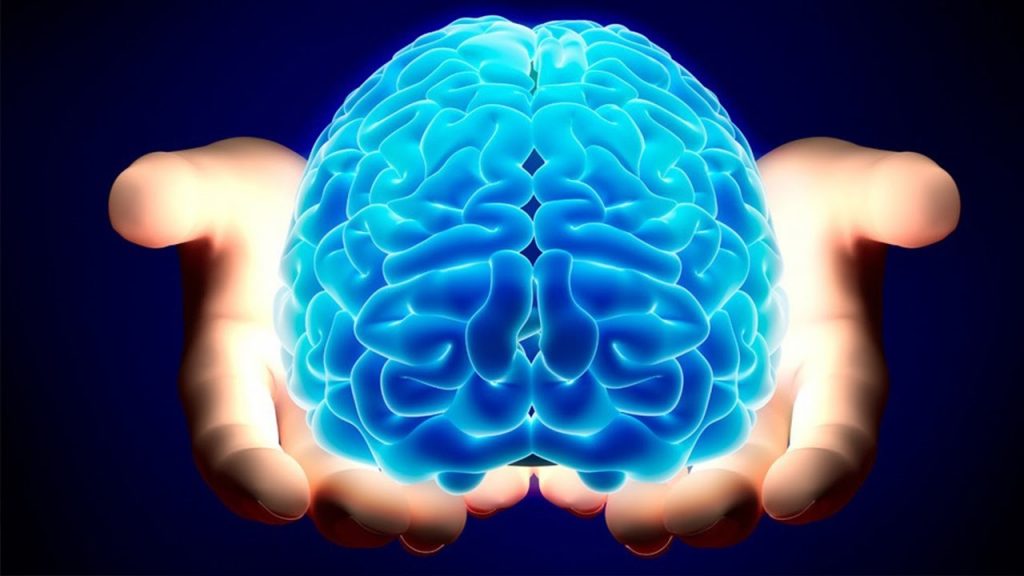
To listen to today’s reflection as a podcast, click here
Brains are amazing.
The organ that occupies your cranium right now is a grayish mass about the size of a softball. Remarkably, it’s about 80% water.
Even though your brain represents only 2% of your body weight, it devours something like 20% of your daily energy.
Research has demonstrated that you began to learn even before you were born.
Toward the end of your mother’s pregnancy your body was adding as many as 250,000 new nerve cells every minute.
Right now your brain is blessed with about 100 billion functioning neurons. Even with all those assets, it’s still pretty hard for most of us to reset our car’s dashboard clock whenever Daylight Saving Time arrives.
Popular science writer Bill Bryson reminds us that since adults lose about 500 brain cells every hour, “if you have any serious thinking to do there really isn’t a moment to waste.”
Nevertheless, we need to pause here and debunk one of the oldest myths about aging: “You can’t teach an old dog new tricks.” Recent scientific research has confirmed that you most certainly can. People are quite able to learn new skills, adopt new attitudes, and dream new dreams in their 60s, 70s, 80s, and beyond. By combining courage and curiosity, we can establish new neural pathways that help us not only stay alive, but thrive.
To some degree, it’s as simple as facing new challenges and grappling with new problems. Our brains respond powerfully when we trade our “old problems” – the ones we think we solved years ago, and don’t need to ponder any longer – for questions we cannot reliably answer, and that, quite frankly, scare us a little bit.
Even though human body parts come in a remarkable range of shapes and sizes, most brains appear to have come from the same store.
Stephen Hawking, Simone Biles, Pope Francis, and Carrot Top all began with approximately the same equipment.
Genetic endowments and domestic nurture unquestionably help account for the wide range of human behavior.
But virtually every noted religious leader has been convinced that our primary freedom as human beings is wrapped up in what we choose to bring before our minds.
Consider the competition for the priceless commodity of your attention this summer: the disaster blockbuster Twisters; what Flo just said on that Progressive commercial; the intriguing question your child asked last week; what’s on sale at Target; Jesus’ words in the Sermon on the Mount; and the breathless speculation as to why Ben Affleck and Jennifer Lopez might be going their separate ways.
Every day there are countless sounds, images, and ideas that have access to our brains. We sense that only a few deserve our full attention.
What’s worth knowing? What’s worth remembering? What’s worth thinking about?
What we need is a search engine – something that helps sort out the Right Stuff from everything else.
It’s hard to improve on these words of the psalmist: “I have set the Lord always before me” (Psalm 16:8).
Try this experiment: Stop at least once an hour. Choose to be quiet. Ask the Spirit to help return your thoughts to God. Then invite God to help you gently set your mind on what really matters at this moment.
Be still and know that God is God.
Generations of seekers and saints agree:
That’s a wonderful way to train the brain.
